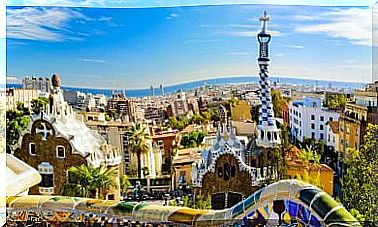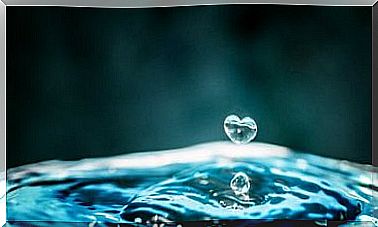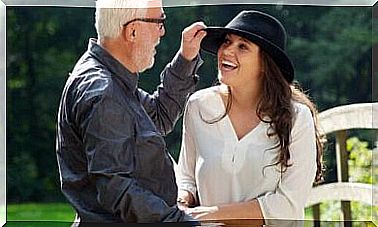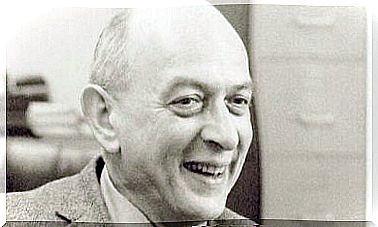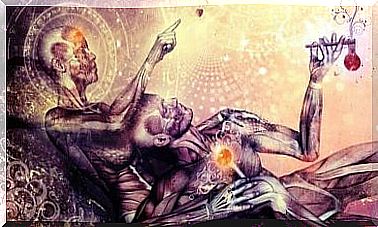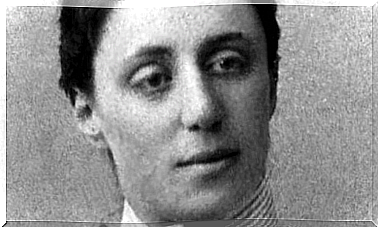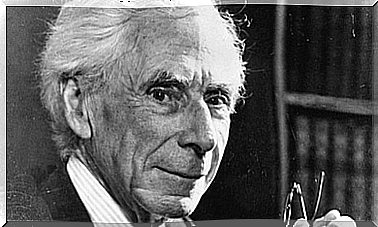Why Do Some People Believe In Pseudo-science?
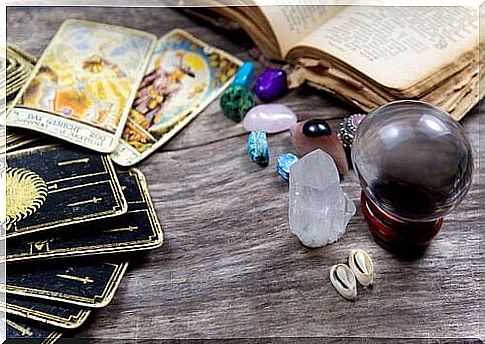
It is curious to see how some people, even with a higher education and access to information, feel extremely drawn to pseudo-science. Homeopathy, reiki, family constellations or even astrology attract the attention of a public who is waiting to find answers to their questions in areas that have nothing to do with science or truth.
Psychologists, scientists and sociologists have wondered over and over again why people believe in something that cannot be proven. In his book Why People Believe Weird Things: Pseudoscience, Superstition, and Other Confusions of Our Time (in French, Why do people believe -they in weird things: pseudoscience, superstition and other confusions of our time), Michael Shermer, writer and historian of science, tells us that among the possible causes we find the lack of critical thinking, the loss of the practice of reading and the increasing importance of television, the fear of science or the education received.
But it seems that there is another even more surprising reason: People believe in false science because it reassures them, pleases them and comforts them.
It is obvious that when something attracts us, it is because there is a basic positive reinforcement and that, the gurus who dedicate their life to divulge theories without there being any scientific study which supports them. know it well.
It seems that people feel very comfortable with different pseudo-sciences because they are easy to put into practice. For example, when a person begins psychological therapy, he inevitably has to implement different strategies or techniques, scientifically verified, which are in no way pleasant, but which will ultimately make the disorder go away.

On the contrary, pseudo-science will not make you experience frustration, emotional increases or expose you to fear. Results ? The person remains hooked by the simple fact that they feel very comfortable because they feel understood and that they are not pushed to leave their comfort zone. She does not have to put in the effort of therapy or suffer from the side effects of any treatment.
Finally, pseudo-science acts as a negative reinforcement, since it eliminates discomfort, effort or sacrifice, and leads the client to think that only pseudo-science could really help them. .
Pseudo-science helps to overcome cognitive dissonance: this contradiction that sometimes exists between what we think and what we really do. It is much easier to think “my problem has no solution” than to expose yourself to the momentary pain that therapy can bring. People turning to pseudo-sciences seek to confirm their beliefs, which however have no basis.
However, pseudo-sciences are not only easy and comfortable for the patient; those who put them into practice do not need to put in too much effort to become a “ professional ”. It is not necessarily the diplomas, the years of effort, the official practices that count, because knowing a few concepts is already sufficient.
Believing in pseudo-science seems not only to be due to cognitive dissonance or comfort, but also to the despair that some people suffer, who do not see a way out or a cure for their illness or that of a loved one; this leads them to resort to apparent alternative solutions.
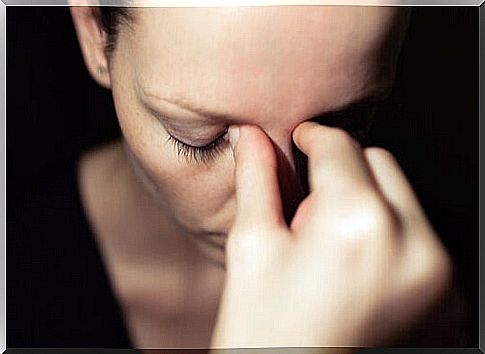
When you have nothing more to lose, you hang on to the hottest nail, almost without considering the consequences. The problem is, most of the time, the consequences are for the patient’s condition to worsen – pseudo-science creates iatrogenic – and financial ruin.
Maybe if these people learned to accept the hard setbacks that life sometimes throws at us, everything would be much easier. The reality is that science is the only one capable of giving an answer to the problems we face, be they psychological or physical, and if sometimes it is limited, it is because until ‘at then there is no way to solve the problem in question.
The problem is not in the idiocy, but in the lack of information. This is why it is important to inform yourself and take cognizance of the scientific studies that have been carried out before making a decision or to consult a professional – who is nonetheless a scientist. This is the best thing to do if you don’t want to end up in the clutches of charlatans.
Try to practice rational thinking above all else, and trust the empirical. There are many professionals who work day after day to find solutions, truths, causes… Apart from that, everything is pure fantasy.
